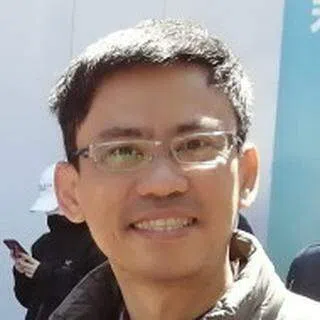Japanese PM Kishida's proactive diplomacy amid global insecurity
Malaysian academic Benny Teh assesses that the recent G7 summit in Hiroshima was a show of Japan's more assertive role in international diplomacy in the face of greater threat perceptions, not least from China. In inviting a host of other countries that could further its 'Free and Open Indo-Pacific' agenda, it sought to open dialogue that could help build a bulwark against rising alternative groupings courting the global south.
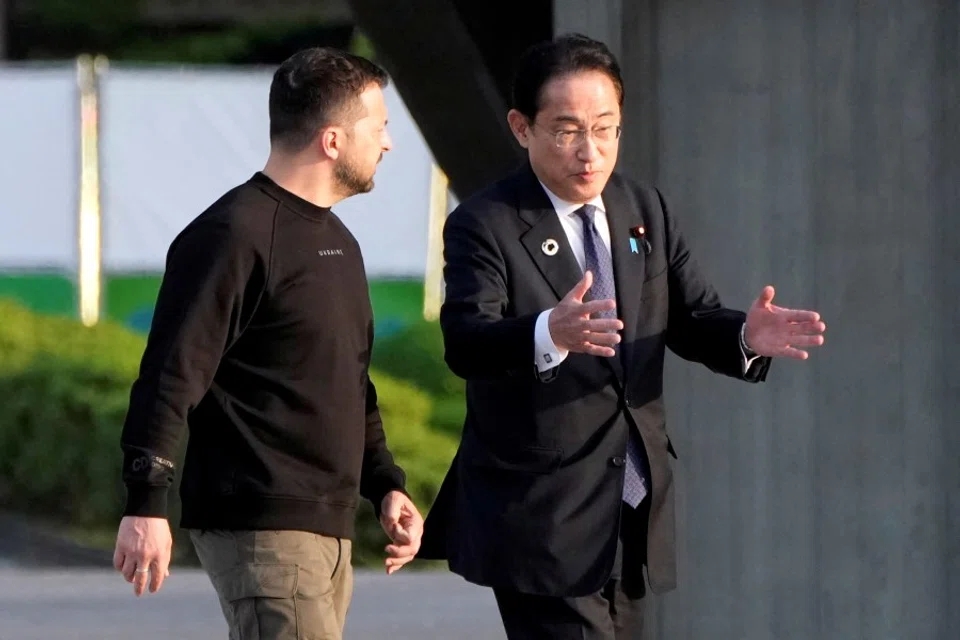
A deteriorating security landscape is pushing Japan to play a proactive role in international affairs.
Its approach is driven by its National Security Strategy (NSS), National Defense Strategy (NDS) and Defence Buildup Program documents published in December 2022. These three documents reflect Tokyo's realistic thinking with a clear objective of strengthening the nation's defence capabilities to protect its territory from military attack.
In March 2023, Prime Minister Fumio Kishida unveiled Japan's new plan for a Free and Open Indo-Pacific (FOIP) during his trip to India. The plan enhances the FOIP idea put forth by the late Shinzo Abe. Before returning home, Kishida scored a diplomatic point when he managed to realise an unannounced trip to Kyiv amidst secrecy to display Japan's strong commitment and support for Ukraine.
He then visited Egypt, Ghana, Kenya, Mozambique and Singapore beginning in late April to advance his FOIP plan amid China's economic clout. The China factor is also featured in Japan's decision to establish diplomatic missions in the Pacific islands of Kiribati and New Caledonia in January this year. In addition, citing security instability, Tokyo has entered into talks to set up a NATO liaison office in Japan that is sure to further reinforce its existing partnership with NATO and ruffle Beijing's feathers.
Gains from G7 presidency
On 19-21 May, Japan played host to the 49th G7 summit in Hiroshima. This meeting followed on from the G7 Foreign Ministers' Meeting in Nagano a month earlier.
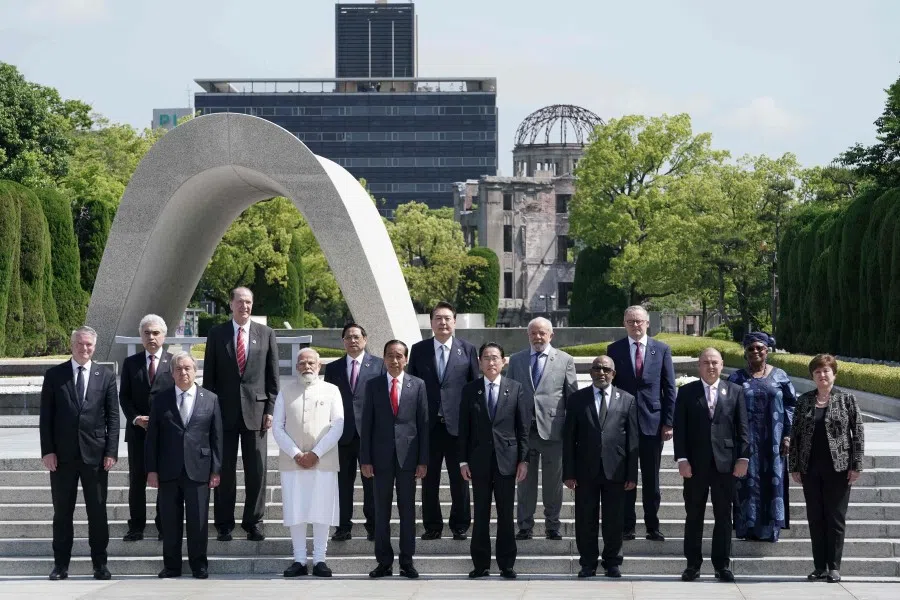
The summit and the Nagano meeting were important opportunities for Japan, as president of the G7, to set the agenda for deliberation. The focus was on Ukraine and the Indo-Pacific, nuclear disarmament and non-proliferation, economic security, and other human security concerns such as food, environment, health and development.
China's nuclear expansion, North Korea's nuclear and ballistic missile tests, and Russia's nuclear deployment are major motivations for Japan's deepening reliance [on the US].
Nuclear disarmament and Hiroshima are synonymous with Kishida. He is a strong advocate of the former, and a parliamentarian of an electoral district in the latter since 1996. As the foreign minister in 2016, he was instrumental in the issuing of the G7 Statement on Non-proliferation and Disarmament in Hiroshima. Expectations were riding high now that he is the prime minister but the G7 Leaders' Hiroshima Vision on Nuclear Disarmament statement ended up angering atomic bomb survivors for failing to deliver on the specifics.
Nuclear disarmament was visibly not the highlight of the summit. It is difficult for the government to fully commit when it has yet to sign the Treaty on the Prohibition of Nuclear Weapons. Japan is still dependent on the extended deterrence of the US, which includes nuclear capabilities. China's nuclear expansion, North Korea's nuclear and ballistic missile tests, and Russia's nuclear deployment are major motivations for Japan's deepening reliance.
The success of the summit lies in diplomacy. Japan was able to rally strong support from the G7 countries in stating its key concerns in the communique, namely to call upon China to play by international rules, demand North Korea to stop further nuclear tests and ballistic missile launches, and condemn "in the strongest possible terms" Russia's war against Ukraine.
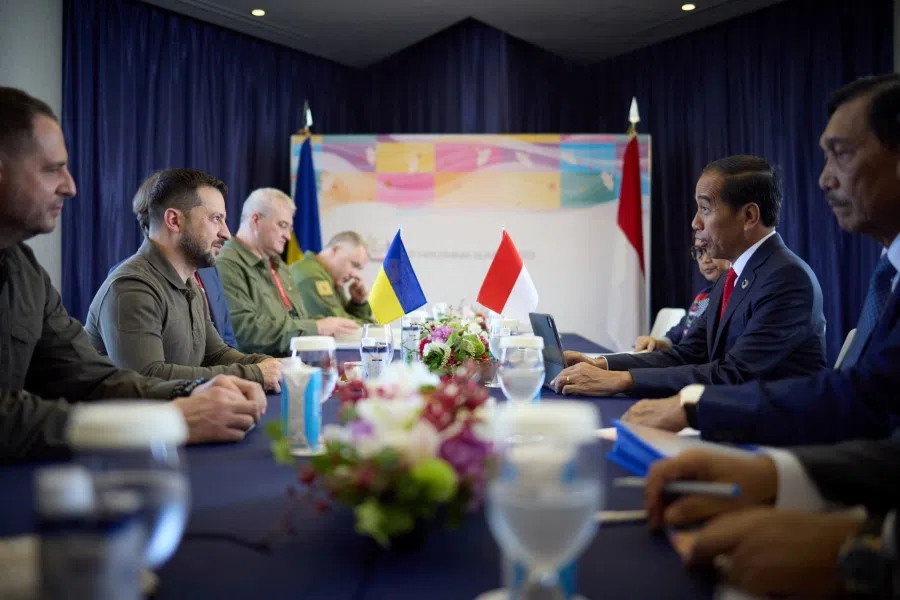
The issuance of a separate G7 statement on economic resilience and economic security was instructive of Japan's role in generating a collective decision on reducing dependency in the area of supply chains and critical infrastructure, and being vigilant against economic coercion, injurious digital practices and abuse of sensitive technologies that threaten international peace. It was a limpid message directed at China.
Seoul's involvement will not only strengthen Japan-South Korea relations but is certain to affect the geopolitical environment in the region and earn China's wrath.
Strategically important allies of Japan's FOIP included
Apart from the G7 members and the EU, Japan invited Australia, Brazil, Comoros, Cook Islands, India, Indonesia, South Korea and Vietnam. These countries represent regions that are strategically important to Kishida's FOIP plan. Australia and India are members of the Quad, which is central to Japan's Indo-Pacific strategy. South Korea unveiled its first Indo-Pacific strategy in December 2022 and is increasingly seen as a prospective member for the Quad. Seoul's involvement will not only strengthen Japan-South Korea relations but is certain to affect the geopolitical environment in the region and earn China's wrath.
Comoros, Cook Islands and Indonesia are current chairs of the African Union, Pacific Islands Forum and ASEAN respectively. Their participation in the summit enables Tokyo to demonstrate the G7's commitment in addressing a wide range of non-traditional security issues from climate change to disinformation and health that are of significant consideration to the global south. While the issues are not new, involving them in what has often been referred to as a "rich man's club" is a key initiative of the Kishida administration to increase FOIP's palatability and lessen China's influence in the developing world.
Japan is aware that the G7, while still notable, is limited in its power to change the behaviours of Russia and China. It thus sees a need for the group to develop stronger relations with Brazil, Indonesia and Vietnam as these middle powers, together with India, have taken a softer stance towards Russia. India and Vietnam, for example, joined China in abstaining from voting on the UN General Assembly's resolution calling for an immediate end to the war in February 2023. Although Brazil voted in favour, it has not joined Western sanctions against Russia, refused to partake in the war, and endorsed China's approach to ending the war instead. President Volodymyr Zelenskyy's surprise visit to the summit was therefore a judicious move to win them over.
This is increasingly important for the G7 as some analysts have called for its demise in favour of the G20.
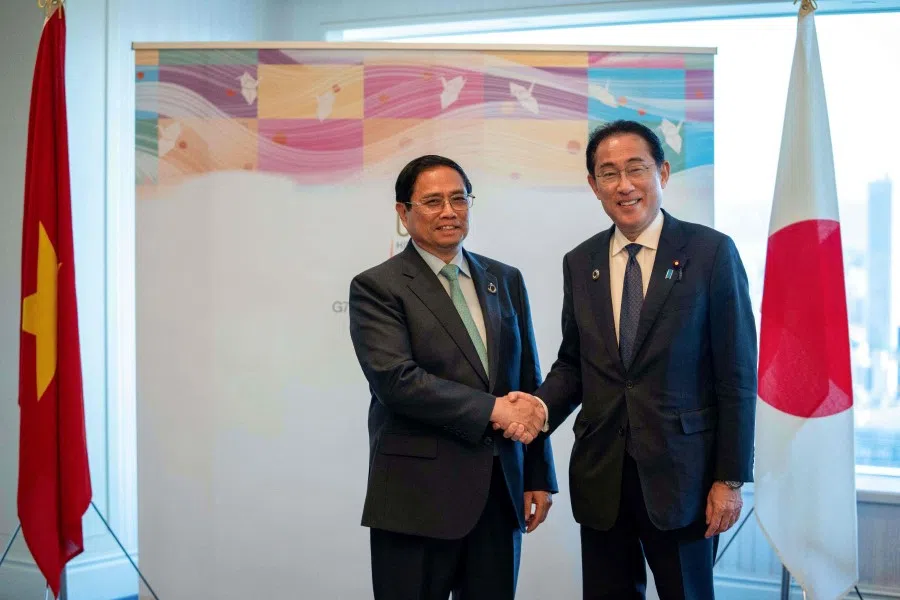
While India and Vietnam diverge from Japan in their attitude towards Russia, they share similar concerns on the need to counter China's military assertiveness. It is a fundamental impetus in bringing India and Vietnam closer and was a key issue discussed on the sidelines of the G7 summit between Japan and Vietnam.
Courting the global south and a challenger in BRICS
The purpose of including countries from the global south in the summit is ultimately to develop a strong network of "like-minded" countries with shared values and norms that would uphold the international order. This is increasingly important for the G7 as some analysts have called for its demise in favour of the G20.
The major challenge would arguably come from the BRICS, a group of five large emerging economies. Comparatively, the G7's share of global GDP (in purchasing power parity) has dropped from around 50% in 1980 to about 30% in 2022 while the BRICS's share rose from 10% to 31% in the same period. The gap is forecasted to widen in the future. In addition, discussions are underway regarding China's proposal to further expand the BRICS which could see new memberships across Latin America, the Middle East, Africa and Asia.
An expanded BRICS will give members from the global south a stronger voice in determining the changing global economic architecture with China taking the lead. It will complement China's Belt and Road Initiative and serve as a counter-approach to the mounting efforts of encircling and forcing Beijing to act in accordance with established rules under the FOIP umbrella.
